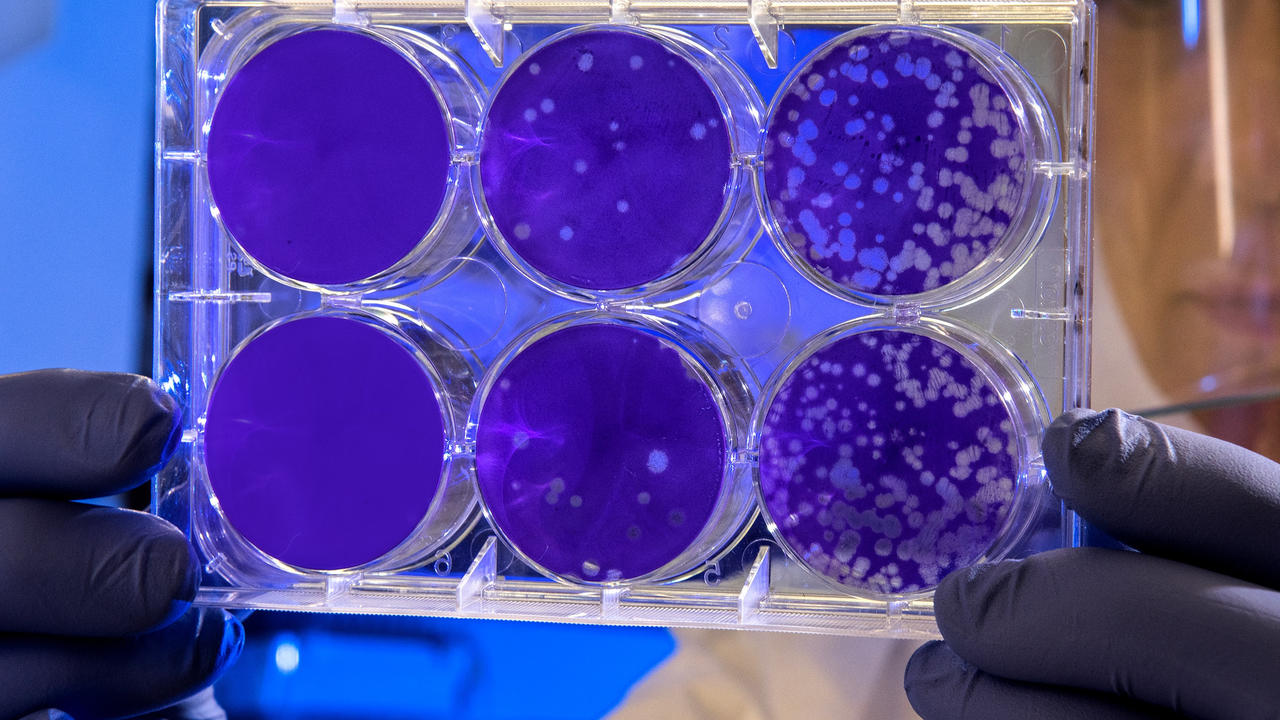Worried about catching a virus? Let’s start by strengthening your immune system.

It’s hard not to worry about the threat of the coronavirus as it spreads in populations around the world. New, fast-moving diseases can have us looking a bit more closely at our own risk for developing an infectious illness.
You may have noticed that one of the higher risk groups for developing the coronavirus is in those who are over the age of 70. The immune system ages like other parts of our body, but in a process called immunosenescence - this is a complex process in which the body’s ability to fight off infection becomes reduced for several different reasons.
As with other types of ageing, immunosenescence doesn’t happen overnight, and our immunity can become compromised earlier in the ageing process. The good news, is that there is a surprising secret weapon that we can easily deploy against the ravages of an ageing immune system.
Although hard and prolonged exercise (think triathlon or marathon) can temporarily suppress the immune system, regular moderate exercise can have a protective effect on immunity. In fact, regular physical activity may have an important preventative (and possibly) therapeutic impact on our immune systems as we get older.[1]
Although the study of the effect of exercise on immunity is a relatively new field, there have been some really interesting findings that apply to those who are over 50. Some of the most relevant results are about the ability to respond to vaccines that protect an ageing body against community-based infections. Researchers have shown that older adults who exercise regularly have a much better immune response to things like flu vaccines when compared to their not-so-active counterparts.[2]
Of equal importance, is that those who are frequently physically active also recover more effectively when they get ill. For example there are fewer medical complications and lower rates of death from pneumonia and influenza in those who exercise regularly.[3]
One of the parts of the immune response is from cells called neutrophils. These cells act as one of the first lines of defence against foreign invaders in your body. Researchers have found that in an ageing body, neutrophils work in a similar way to those who are younger, with one exception; although the cells deploy to fight an invader at the same speed, they are less accurate at finding their target in an older population.
The same studies showed that neutrophils were more effective at getting to their target (like two fast cars but one having a better GPS) in people who were regularly physically active. Even more impressive was that the amount of activity required to see this difference was when research participants were getting just 10,000 steps a day.[4]
Finally, many studies are currently looking at whether or not the positive impacts on immunity from exercise also might contribute to why those who are physically active have a lower risk of developing cancer, heart disease, type 2 diabetes and other illnesses. Evidence is also mounting that the impact of the benefits to the immune system from each exercise session adds up over time to slow down many disease processes. [5]
According to the World Health Organization, to protect ourselves from developing the coronavirus we should all be washing our hands frequently, maintaining “social distancing” from anyone who is coughing and sneezing, keeping our hands away from our face, and covering our mouth and nose with a bent elbow or tissue when we sneeze.
Along with proper hygiene, we also want to ensure that our bodies have the best chance to fight off any infection. Let’s strengthen our immune systems with one of the best medicines we can take. I hope this gives you one more reason to lace up your running shoes.
Your sister in health,

[1] Moro-García, M. A., Fernández-García, B., Echeverría, A., Rodríguez-Alonso, M., Suárez-García, F. M., Solano-Jaurrieta, J. J., López-Larrea, C., & Alonso-Arias, R. (2014). Frequent participation in high volume exercise throughout life is associated with a more differentiated adaptive immune response. Brain, Behavior, and Immunity, 39, 61–74.
[2] Simpson, R. J., Lowder, T. W., Spielmann, G., Bigley, A. B., LaVoy, E. C., & Kunz, H. (2012). Exercise and the aging immune system. Ageing Research Reviews, 11(3), 404–420.
[3] Nieman, D., Wentz, L. (2019). The compelling link between physical activity and the body's defense system. J Sport Health Sci. 8(3): 201–217. doi: 10.1016/j.jshs.2018.09.009
[4] Simpson, R. J. (2016). Aging and inflammation: Directing traffic through physical activity. Brain, Behavior, and Immunity, 56, 10–11.
[5]Nieman, D., Wentz, L. (2019). The compelling link between physical activity and the body's defense system. J Sport Health Sci. 8(3): 201–217. doi: 10.1016/j.jshs.2018.09.009
Learn how to love your Midlife
I have a limited number of spaces for new coaching clients. Get personalized support to manage weight, build strength, and improve your confidence to help you live your very best midlife.
We hate SPAM. We will never sell your information, for any reason.


